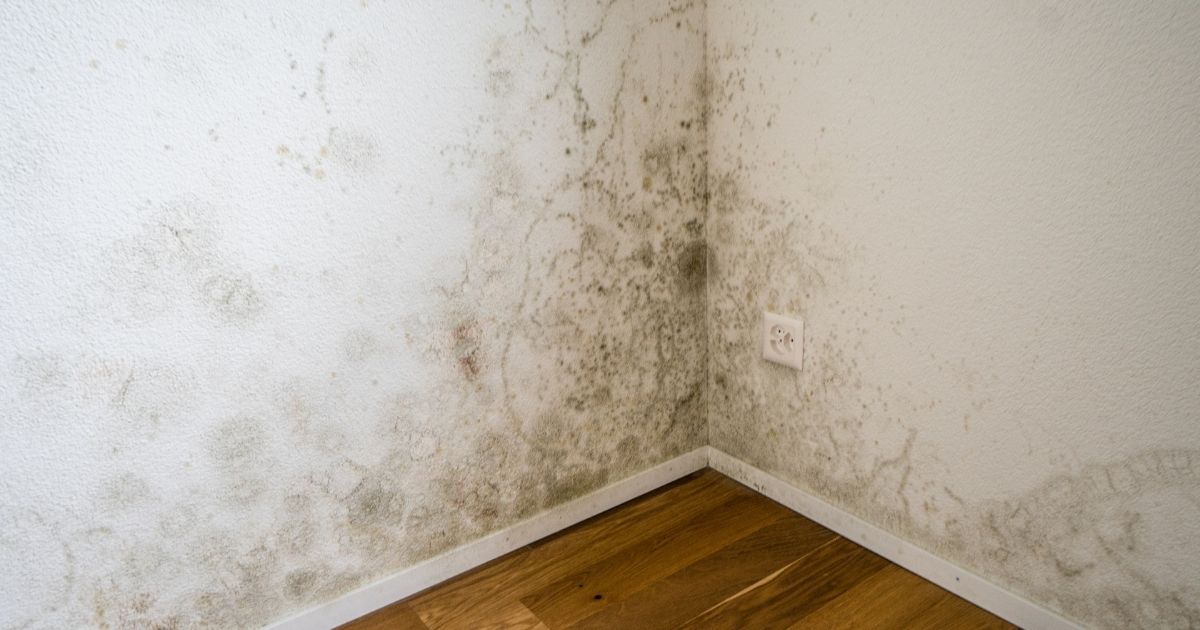MENU
- Home
- Overview
- Attorneys
- Practice Areas
- Firm News
- Blog
- Contact

Mold contamination can happen in wet and humid conditions. It grows both inside and outside, and that means it could be inside the walls of a house. Aspergillus mold is the most common type of mold. Within 48 hours after contact with water, aspergillus mold can begin to grow and release microscopic spores that can spread throughout the home. Without prompt attention, aspergillus mold can quickly spread and can cause serious health effects.
Even in environments north of the humid tropics, mold can find suitable growing locations. Mold can get inside a house or apartment through open doors and windows. It can also attach to clothing. Apartment buildings have difficulty keeping mold under control because there are so many families living in close quarters. However, apartment buildings must take proactive steps to reduce and eliminate any known mold growth because mold can create serious medical problems.
People respond differently to mold exposure. Some people have allergic reactions, and others only notice a faint smell. Common symptoms of mold exposure include:
. People may suffer upper respiratory disease and develop asthma among other conditions. If a person notices mold, they need to take action right away. If a homeowner or apartment building manager ignores the problem, it could cause serious health issues for the residents.
Aspergillus mold has the potential to cause serious health issues for people who are exposed to it, even for short periods of time. To help these people manage their recovery, they may need to sue the person or company responsible for their exposure to collect compensation to cover their medical bills. However, toxic mold litigation is complex and can include multiple at-fault parties.
The most common theory of liability for a person’s exposure to mold is negligence. For example, a person who lives in an apartment building and has complained to the apartment building manager about a moldy smell may have a cause of action if the apartment building manager did nothing to investigate the issue. The apartment complex has a duty to its residents to keep the property safe and clean. Investigating any claims of mold and taking steps to remove the mold would be required of them.
However, because mold is not usually seen until it has spread very far and many people do not notice it until it has caused serious damage, people may not link their symptoms to mold exposure. That is why toxic tort litigation may require the use of both medical and scientific experts to help prove that mold caused the person’s adverse health conditions.
Exposure to toxic substances, including mold, can cause serious health complications. If you believe you have a health condition because of mold exposure, speak to one of our dedicated Delaware toxic tort lawyers at Jacobs & Crumplar, P.A. today. Call us at 302-656-5445 or contact us online to schedule a free consultation. From our offices located in Wilmington and Millsboro, Delaware, we proudly serve clients throughout Dover, New Castle County, and Sussex County.